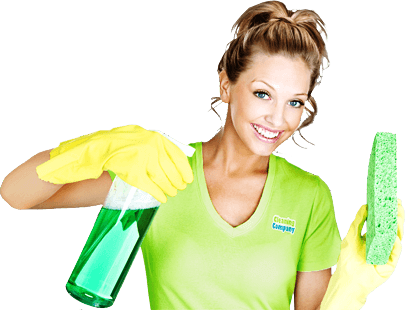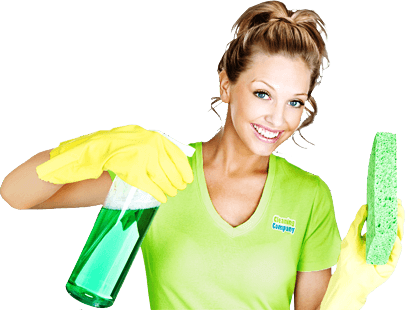











I've used Cleaners Bermondsey for a couple of years now. The cleaners are exceptionally nice and I can always count on their reliability. Any queries I have are answered promptly.






We've brought in Cleaners Bermondsey numerous times now and they have always been fantastic. Reliable arrival, friendly employees, they handle our property with care, and the quality is always excellent. Absolutely recommend.






The team provided a meticulous deep clean and was punctual and professional throughout. My apartment feels refreshed and clean. Grateful to have found such a trustworthy company.






Cleaners Bermondsey provided an excellent cleaning experience. The cleaner was prompt, efficient, and focused on my main concerns: the bathroom, kitchen, and carpets, all of which were left spotless.






My first time trying this service and I'm very pleased! Team was fast, friendly, accommodating, and professional with lots of heart. Everything was thorough, organized, neat, and reasonably priced!






We have trusted BermondseyCleaner to clean our home monthly for some time now. Their reliability is impressive, and they always inform us ahead of time if any changes to our schedule are necessary.






The cleaners from Cleaners Bermondsey exceeded my expectations! They were friendly, polite, and took great care. I'm looking forward to future appointments.






Worked perfectly--got my cleaning scheduled online, team was prompt, and my bathrooms look fantastic!






They did a move-out cleaning for me, and the whole place looked brand new. Their diligence and professionalism impressed me.






Very impressed with the service! The staff were friendly and professional, showed up right on time, and made sure to be careful with everything in the house. Would recommend.




